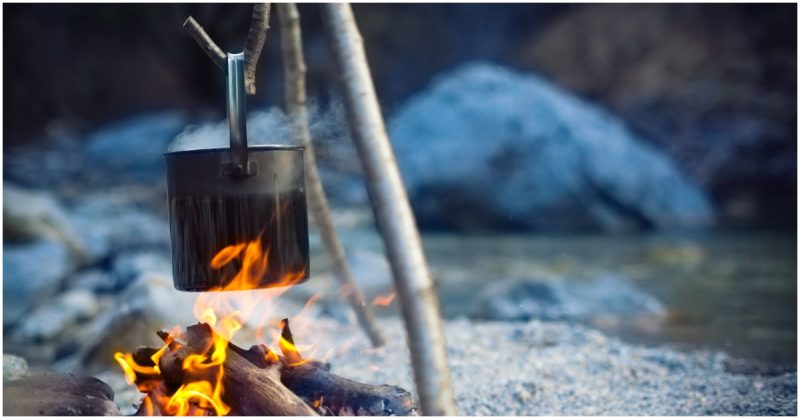With all of our gadgets and the internet at our fingertips, we often take for granted what used to go into survival skills and the greater understanding of the great outdoors.
Before this new technology, people had to rely on common sense, experience, and know-how in order to be successful and safe in the wilderness.
Regardless of the technology we have today, we all can learn a thing or two from the outdoorsmen of yesteryear.
Without all of our awesome technology, successful outdoorsmen of the past used a lot more skills than most of us have today. Let’s look at some of the most famous outdoorsmen in history and see what they can show us about understanding and appreciating the wilderness.
John Muir
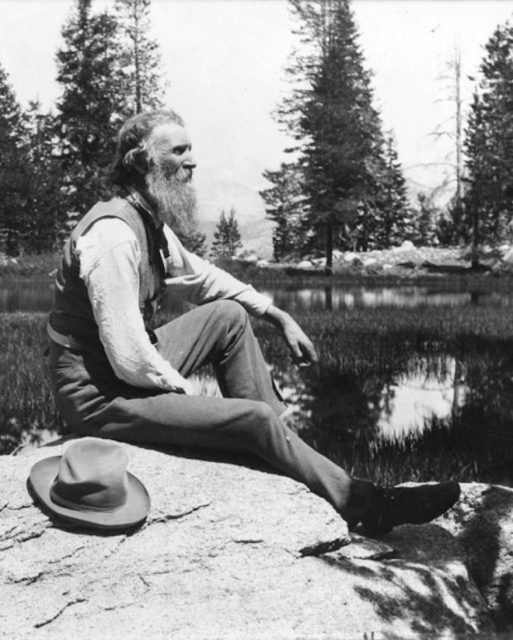
John Muir is remembered for many different accomplishments. An extraordinary outdoorsman, Muir worked hard on wilderness preservation and he talked greatly about the low impact needed to keep nature intact. John Muir Charter Schools also encourage natural learning for children to keep his conservation efforts going and to help young people appreciate and be able to work with the natural world.
The Takeaway:
Outdoorsmen should always leave nature the same, or better than they found it. This will help keep the wilderness amazing for everyone while letting you enjoy it again and again.
We often take for granted that someone will clean up behind us or that our garbage will decompose. The truth is that most of the time, we need to be responsible for our own belongings, including trash.
Theodore Roosevelt
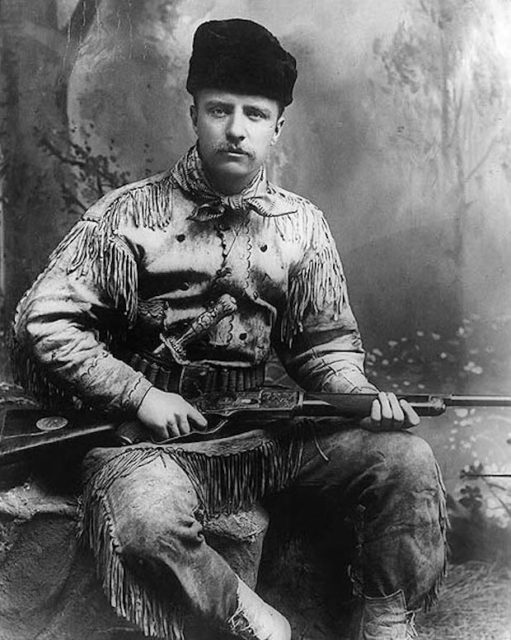
This rough and tumble president is memorable for so many different reasons, but beyond his enthusiasm and boisterous personality, President Roosevelt is known as the conservationist president. He moved out west and saw firsthand the reality of natural resources. Roosevelt even ran a ranch for a couple of years, allowing him to experience animal husbandry upfront.
The Takeaway:
Roosevelt knew the effects of overgrazing as well as overhunting. Modern outdoorsmen should be aware of wildlife as well as the necessity of hunting only when licensed and permitted.
Hunting regulations have been established to protect the future of wildlife, which could be hurt drastically by careless hunters. While hunting in the wild can be one of the most survivalist-feeling activities, it needs to be done with respect to both laws and nature. Otherwise, you may not only be hurting the animal populations, but could be putting yourself at risk.
Henry David Thoreau
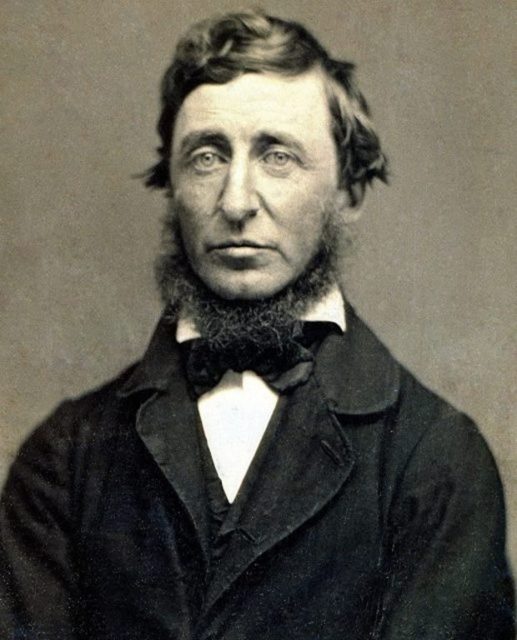
Of course, Henry David Thoreau is best-known for his book, Walden, but Thoreau accomplished more than that. He was also a naturalist, hoping to keep nature for future generations while allowing people to enjoy it today.
The Takeaway:
Thoreau was a huge proponent of hiking and canoeing. Hiking really was able to get its start as a recreational activity rather than a needed form of transportation. Hiking allowed people to really immerse themselves in nature, taking in all of the animals and vegetation that was afforded to them.
The most important thing that modern outdoorsmen can learn from him, however, is to anticipate nature. Understand the movements of animals as well as how seasons move and change. This will keep you from finding yourself in trouble with the weather as well as your food sources.
Daniel Boone
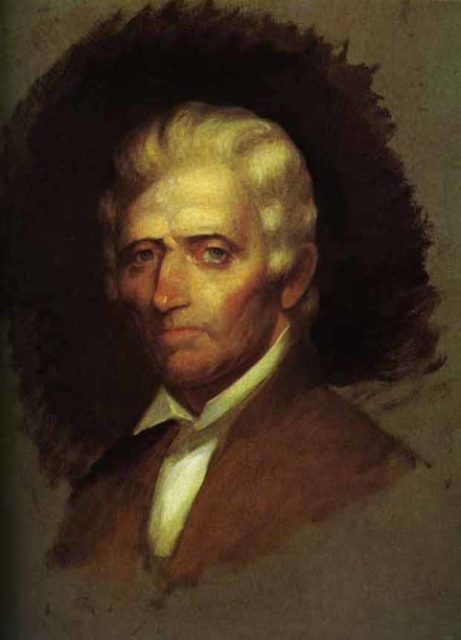
A legend, Daniel Boone was an explorer, woodsman, and frontiersman. Boone fought the American Revolutionary War, which was contrary to his Quaker upbringing and was responsible for the founding of the State of Kentucky.
An accomplished fur trapper, Boone’s legacy has often been exaggerated and fictionalized, but he was absolutely a real person.
The Takeaway:
One thing that modern outdoorsman can learn from Boone is self-reliance. Boone is often revered by the Boy Scouts of America for his ability to survive alone in the wild.
While it is inadvisable to wander in the woods alone and unprepared, it is also essential to know how to survive in the wild, even if only for a short while.
It was Boone’s impressive survival skills that had him become a living legend. Knowing the area you are in is essential to wilderness survival.
Davy Crockett
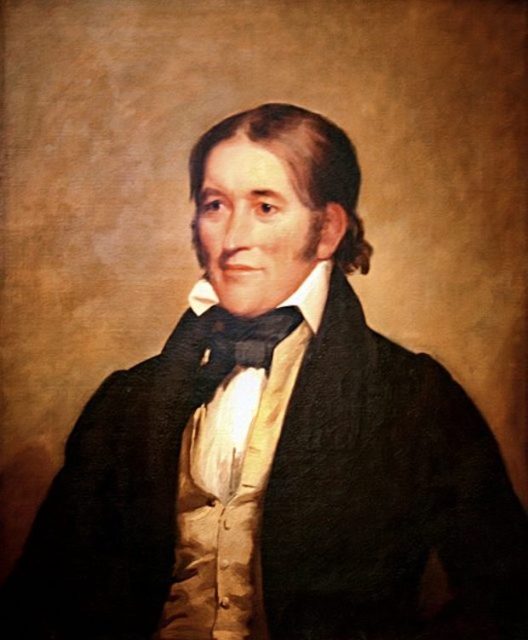
While some of Davy Crockett’s actions have been romanticized and increased throughout the years, there is no doubt the man was impressive in his own time. He was a politician and soldier as well as an outdoorsman.
He was vehemently against President Andrew Jackson’s removal of the Native Americans, causing his fallout with politics, and ultimately what resulted in his death at the Alamo, having moved westward.
Crockett had a knack for storytelling as well as hunting and his legacy continues to live on.
The Takeaway:
Preparation is everything. Crockett did not get his reputation by getting lost or injured, but instead between his own natural skills in the outdoors as well as ability as a storyteller, he built a legacy.
Crockett understood that he had limits and did not go after things that could kill him, but obviously did not shy away from nature.
Know your limitations, do not chase a bear, but be prepared for anything.
One of the biggest takeaways from all of these legendary outdoorsmen is not just how they lived, but how they died. None of these men died in the woods or from starvation. Despite spending a lot of time in the wild and exposing themselves to the elements regularly, they did not make a careless mistake that endangered not just their lives but the lives of their families. This means that ultimately, they employed a good amount of common sense and, in some cases, probably had some good luck on their side.
If you study and prepare for your wilderness adventures, you can have an amazing time in the outdoors, but remember to know your limitations.
Remember to respect nature if you expect it to respect you and you will find that your adventures can be endless. You too can be like the frontiersmen that helped establish our relationship with the outdoors.
